“We have developed multidisciplinary research within the Department of Design & Engineering, Faculty of Science & Technology at BU in collaboration with major international, national and regional industrial and HEI partners”, Associate Professor Zulfiqar Khan said. He added, “multidisciplinary research within NanoCorr, Energy & Modelling (NCEM) theme is a direct response to industrial needs in terms of enhancing design for durability & reliability, meeting the demands for generating energy from renewable sources and enhancing students learning experience through research informed education. New knowledge, created during this process, is shared with stakeholders and academic communities through relevant platforms.
Multidisciplinary research within NCEM is led by Zulfiqar and includes the development of nano coatings (nano composites and graphene; materials science and engineering) to increase service life of machines and equipment deployed in harsh operational and environmental conditions (design & engineering), understanding corrosion (materials science and mechanical engineering) issues to prevent structural failures within machines, automotive, locomotives, large structures & marine applications (preventative and predictive condition monitoring; MEMS, NEMS, Micro LPRs) and developing cutting edge solar thermal techniques to generate mechanical and heat energies from renewable sources (mechanical engineering; heat transfer and nano additives).
The objectives of this research are to develop state of the art novel and innovative energy efficient design for durability and reliability solutions applied in wide ranging industrial applications, bring about socio-economic benefits including impacts on cultural life via public engagement. This research is fully and match funded through a current portfolio of one postdoctoral research assistant and four PhD students by major industrial and HEI partners plus three PhD projects were completed early this year.
Majority of you would have had a chance to read through the Stern’s review of REF which was released in late July, “steps taken to promote interdisciplinary and other joint working internally and externally and to support engagement and impact, beyond that which is just the aggregate of individual units of assessment (para.88)”. “The proposal to allow the (tick-box) identification interdisciplinary outputs, as well as document the role of ‘interdisciplinary champions’ (para. 100)”
Zulfiqar said, “our vision of developing and engaging in multidisciplinary research which is industrially relevant, academically robust and has significant socio-economic value will play an important role in the REF 2021 and beyond and we are better positioned to lead in this area”. He has previously led the University Sustainable Design Research Centre between 2007-2015 and the centre received its REF14 Panel Feedback as, “Sustainable Design Research Group had the highest proportion of outputs judged to be internationally excellent”.
Fusion of research, education and professional practice is a key to lead to multidisciplinary research. BU Fusion of research, education and professional practice is at the heart of BU 2018 strategy. Zulfiqar said, “we have been and are currently delivering research informed education through the delivery of several UG/PG taught courses. This is a major contributor in enhancing students’ learning experience and enabling them to be more employable both in the country and globally.
He previously led the final year Design Engineering, Advanced Technology & Innovation 40 credit unit. Students participated in research activities which led them to publish journal and international conference papers including an invited Springer book chapter.
He developed a 20 credit Thermo fluids & Heat Transfer unit, taught in the second year of BEng/MEng course. Education in this unit is research informed and the unit is supported by laboratory experimentations. This provides an opportunity for the students to bridge the gap between theory and practice. He has also developed two new units Fluids and Thermodynamics L5/Year 2 MEng (Hons) Mech Engg and Thermofluids and Energy Conversion L6/Year 4 MEng (Hons) Mech Engg for recent IMechE accreditation. Education in these units will be supported by state of the art experimental techniques with in kind support from industrial partner and informed by current research in renewable energy technology within NCEM.
Zulfiqar is also leading first year Design Methods & Projects a 40 credit unit in the Design Engineering course. This unit has several projects that allow students to solve real world industrial problems and engage in research within corrosion, contact mechanics and materials science through a live project with The Tank Museum Bovington.
Both Fusion and multidisciplinary research are benefiting students in terms of their learning experience, solving immediate and challenging industrial problems, improving standard of life and bringing economic impacts including impacts on cultural life.
Some latest research activities are documented in recent publications, for further information you may contact Zulfiqar Khan.
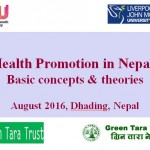
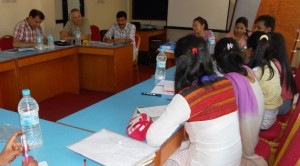
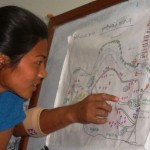
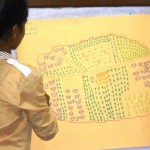
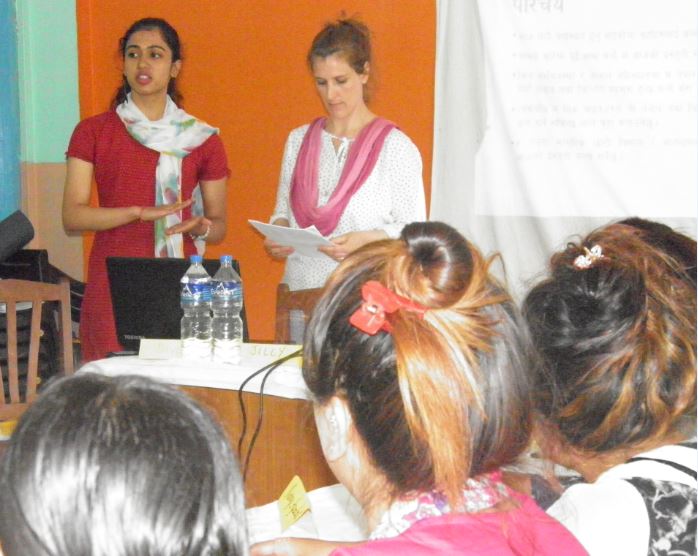

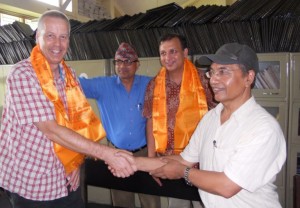
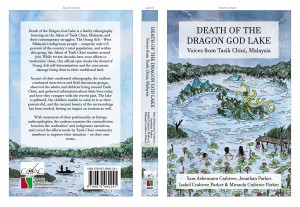
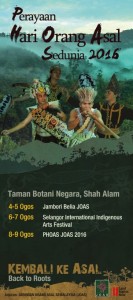
 For international activity, there will be a range of sessions, drawing on the current priorties in BU’s Global Engagement strategy There will be spearate sessions for major international funders, including US
For international activity, there will be a range of sessions, drawing on the current priorties in BU’s Global Engagement strategy There will be spearate sessions for major international funders, including US  For the European dimension, we are planning a wide range of sessions relating to European funding opportunities, by a mix of online resources and face-to-face sesions introducing the EU funding landscape and key calls. Sessions will draw on the knowledge of BU staff and external facilitators. At these events, you will be introduced to the details of specific call types within the three pillars of
For the European dimension, we are planning a wide range of sessions relating to European funding opportunities, by a mix of online resources and face-to-face sesions introducing the EU funding landscape and key calls. Sessions will draw on the knowledge of BU staff and external facilitators. At these events, you will be introduced to the details of specific call types within the three pillars of 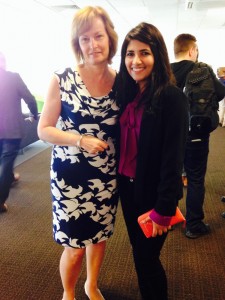



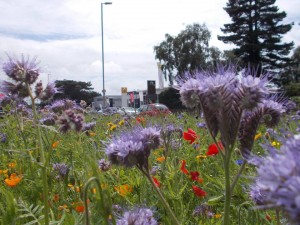


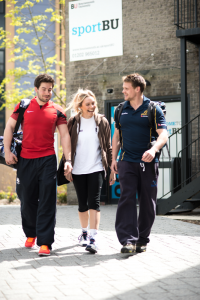











 Upcoming opportunities for PGRs – collaborate externally
Upcoming opportunities for PGRs – collaborate externally BU involved in new MRF dissemination grant
BU involved in new MRF dissemination grant New COVID-19 publication
New COVID-19 publication MSCA Postdoctoral Fellowships 2024
MSCA Postdoctoral Fellowships 2024 Horizon Europe News – December 2023
Horizon Europe News – December 2023